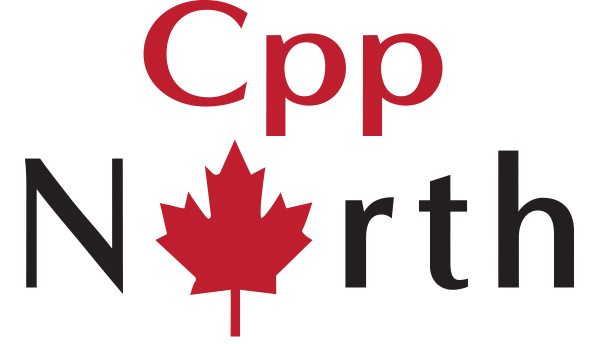Practical Steps to Safer C++
Everybody wants to write safe, efficient, bug-free code, but C++ doesn't always make it easy!
In this talk, we'll look at some common safety problems that can occur in everyday C++ code and offer practical advice and suggestions for detecting and avoiding them.
While C++ isn't going to become "a safe language" any time soon, we can certainly make it safer for everyday use -- without harming performance. For practical, take-away tips on how you can do so, please join us in this talk!

